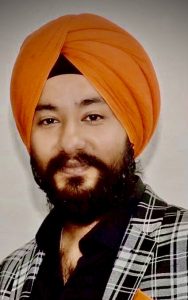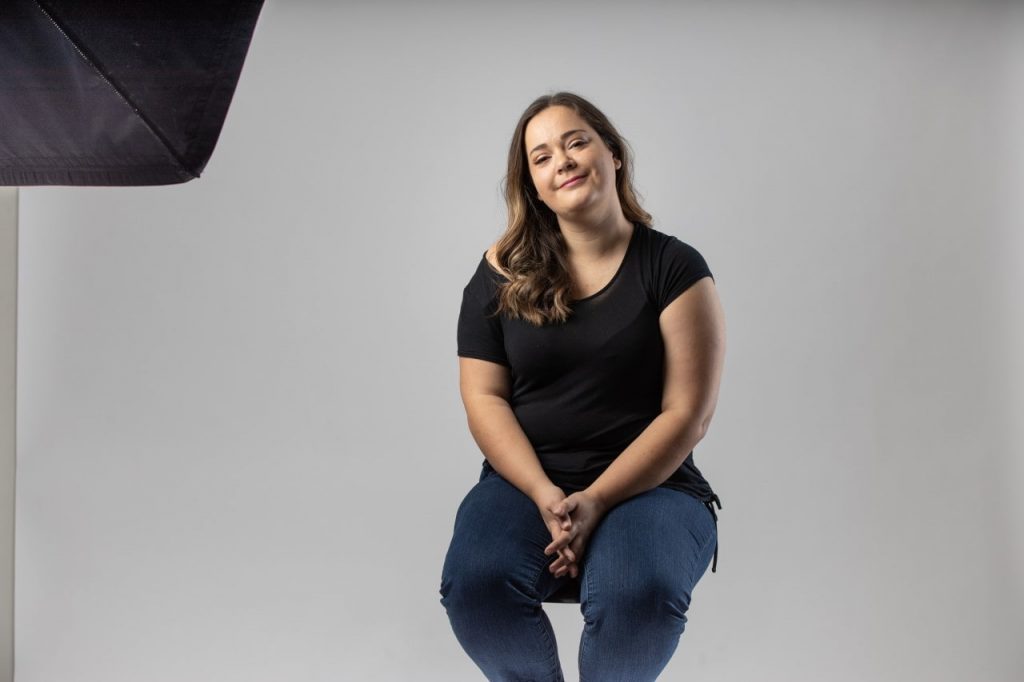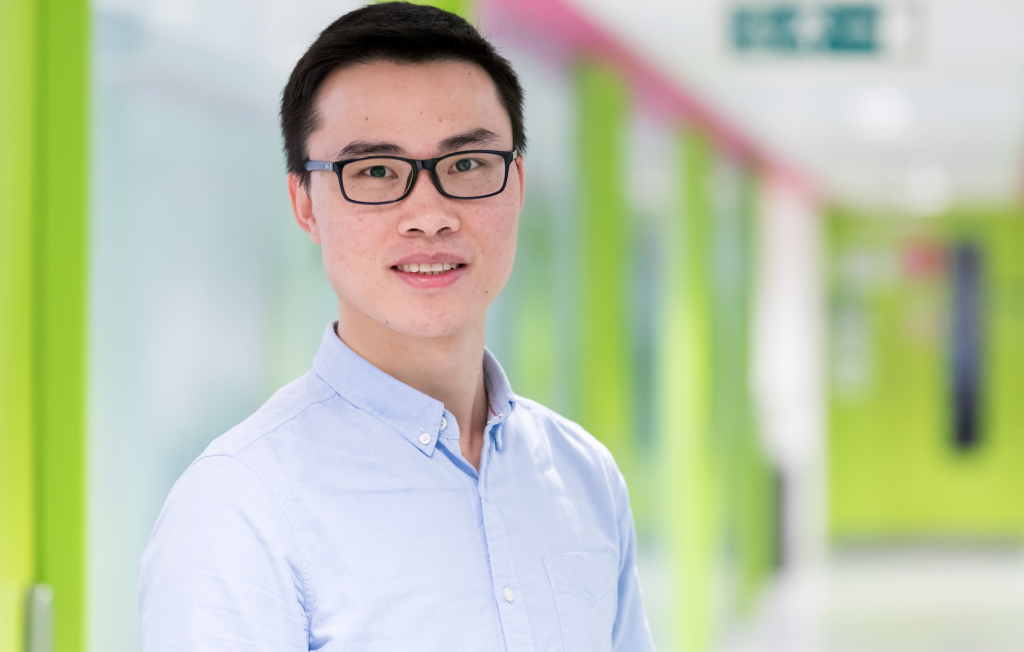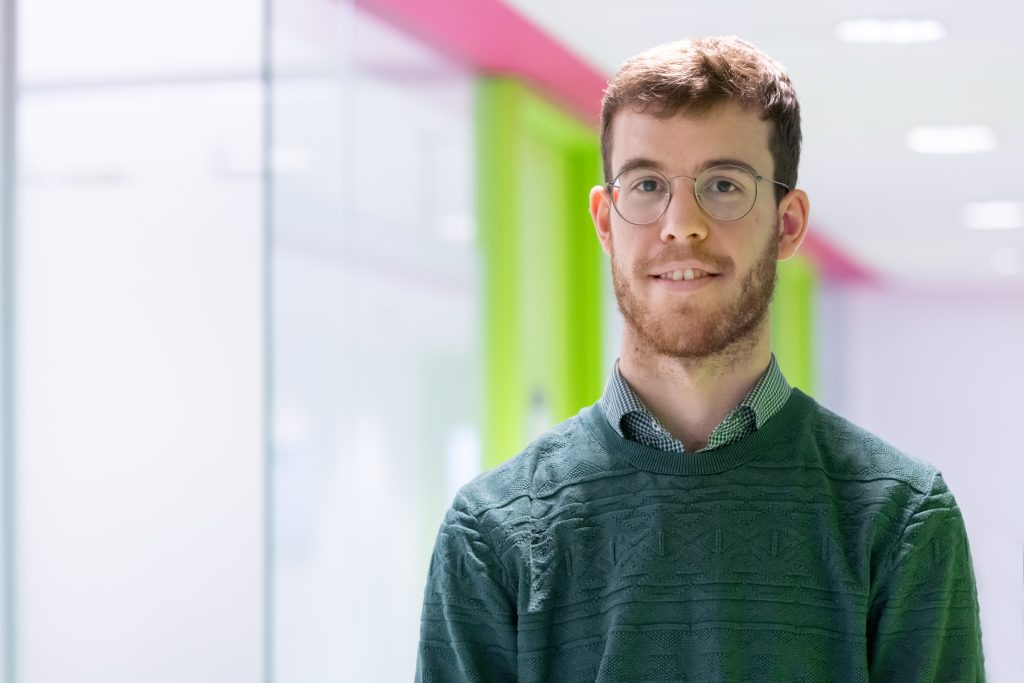National Postdoc Appreciation week: Dr Marta Broto Aviles
For National Postdoc Appreciation week, some of our postdocs share their journey into research and advice for those thinking of a career in academia. Marta is a Research Associate in the group of Molly Stevens.
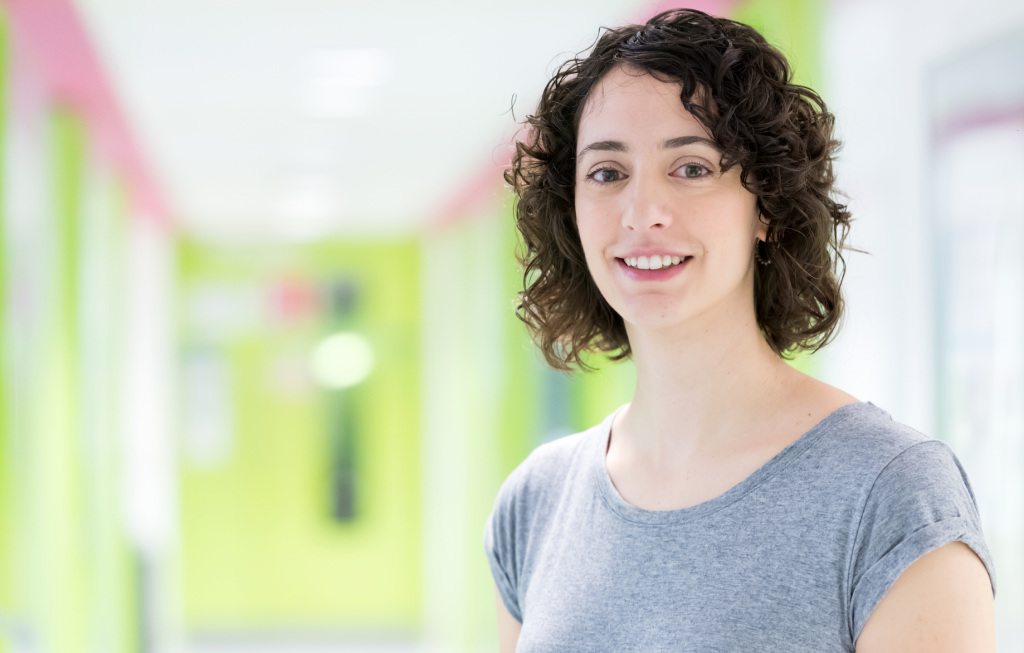
What led you to postdoc research?
After finishing my PhD, I decided to do my postdoc abroad as I wanted a new challenge in my progression through academia. I intended to understand different ways of thinking about science and broaden my scientific network. I also wanted to start creating my own research lines, managing self-made projects, supervising students, and learning about a new research field. Altogether, I believed this would help me gain the desired skills to become a group leader, a career goal of mine.
What do you enjoy about your current research?
What I enjoy most about my current research is the ability to create and define my own ideas. In a couple of years, I have been able to define innovative projects and see how students have been able to take them forward. Learning from all these new ideas, both personally and through students, is really rewarding.
What has been the highlight of your academic journey so far?
I believe it is worth highlighting how scientists from many disciplines have come together to fight the current situation with scientific solutions. I have had the opportunity to work with one of these teams and the collaboration and drive shown by everyone really made me feel proud of the scientific community. It has also given me the chance to be involved in a more translational project really broadening my knowledge!
What advice would you give to those who are considering a career in academia?
I would recommend thinking about what they would like to learn and what is the objective in pursuing academic positions. Institutions and research groups have different ways of thinking towards research, from more applied to translational, and understanding where you want to go will really help moving forward. Furthermore, it is important not only to learn new things at every step but to be able to share and improve your own acquired skills.
